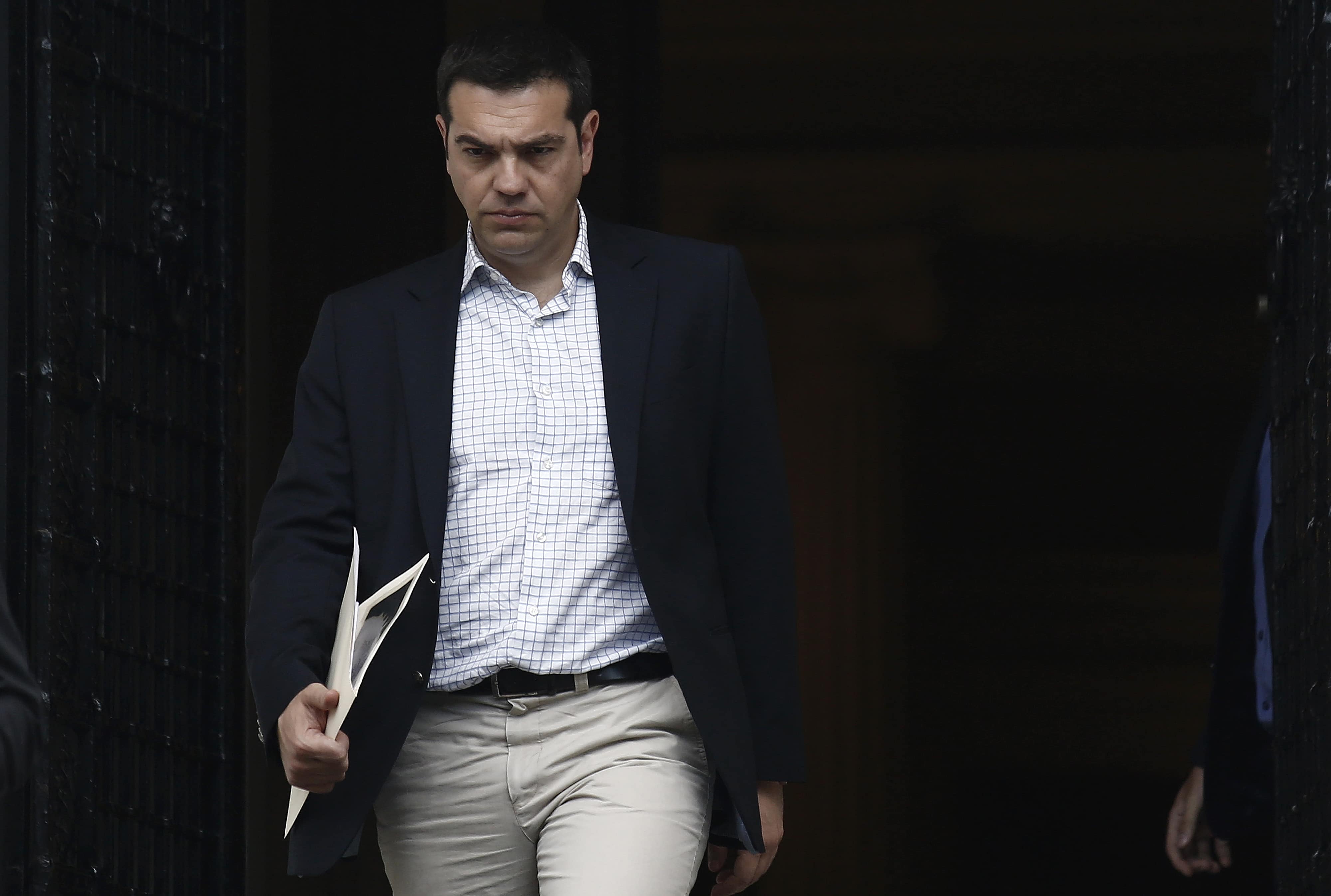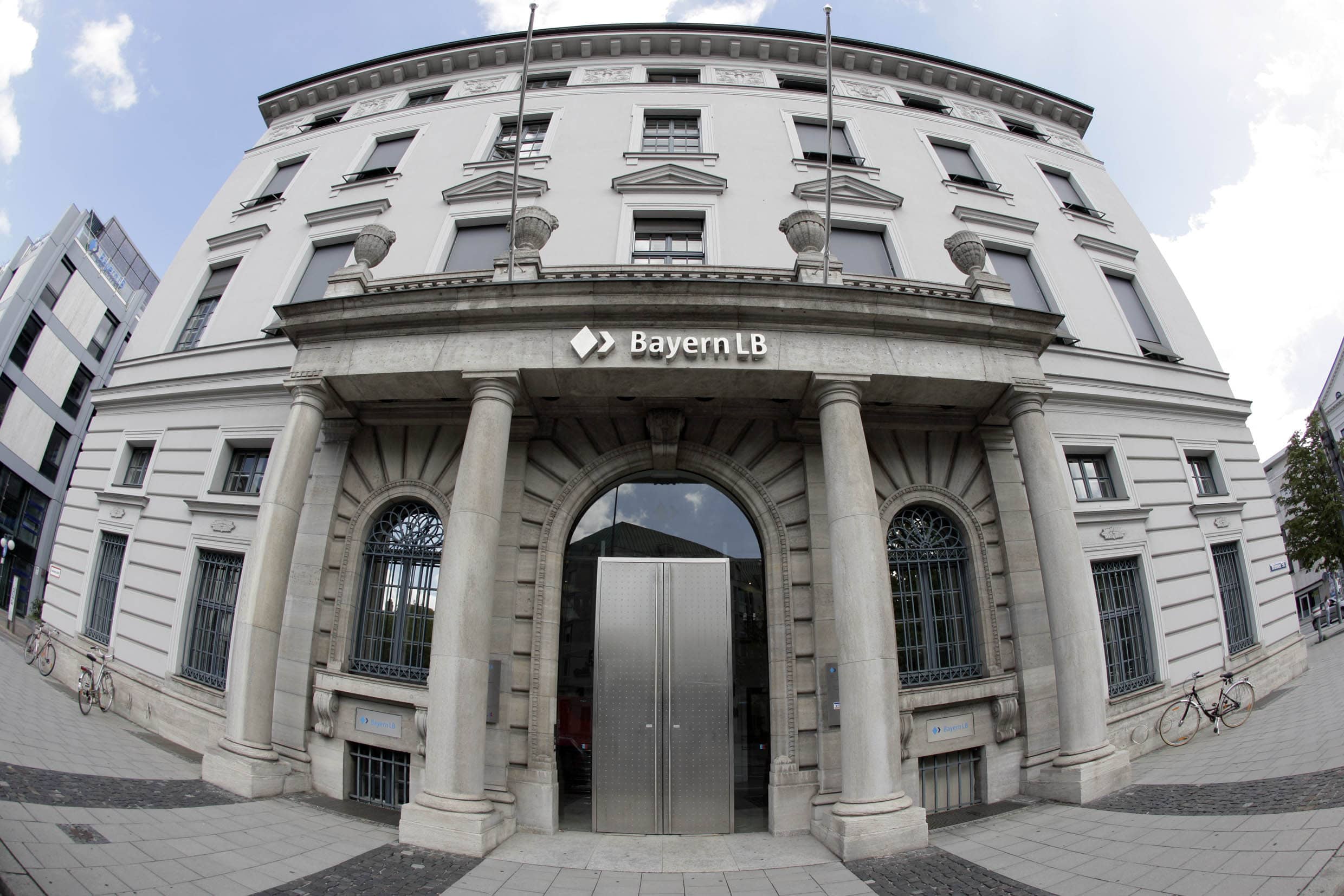Alexis Tsipras rejected his creditor’s offer last Friday for much-needed bailout funds. He referred to the proposal as “absurd” and a “bad negotiation trick”. As a man heading a severely indebted nation with a track record more akin to organized crime than a sovereign nation, Tsipras might need to say those words in the mirror. Tsipras has just rejected €7.2 billion his country desperately needs because he doesn’t like the conditions set forth by the European Union, the European Central Bank, and the International Monetary Fund.
He didn’t agree with three solvent institutions’ collective view on how Greece can pull itself out of debt. In many ways Tsipras resembles a cartoon of a beggar rejecting a sandwich in Exchange for work because he doesn’t want to get his hands dirty. Except he also owes the person with the sandwich at least 100 sandwiches already. Tsipras assured the EU that his government would naturally accept any reasonable proposal, but apparently it’s not within reason to change one’s spending when in severe debt.
Despite some political posturing and saber rattling from Juncker, Tsipras is actually holding a meeting with Germany’s Angela Merkel and France’s Francois Hollande this week to discuss the impasse. In line with doubletalk, Tsipras said that talks have been constructive. Much to his dismay, working with Hollande and Merkel is a serious work-around, because any debt agreement and/or bailout will be contingent upon the finance ministers and not the prime minister, president, chancellor, etc. of the creditor nations. Greece has run out of time, and yet it seems to keep on getting some more. That may be because Greece has a new suitor.
Look for Funds in All the Wrong Places
Sharing a common majority religion and a growing animosity toward the EU, Russia and Greece are starting to look like a good couple on the surface. In a time of severe need, Tsipras has decided to ask Putin for a €5 billion advance for the future construction of a Russia-Europe pipeline. That makes up for the vast majority of funds Greece owes. And so we see Greece up to its old tricks: using new debt to pay off old debt. Long-term issues could include massive dependency on an ever-maddening Russia and never getting out of the current debt cycle.
Pleasantly Unpleasant
The on-going Greek debt debates are depressing the potential valuation of the euro. Aside from Greece and a few other laggards, the Eurozone has been doing quite well. And part of that is because of the laggards. Although it seems unfavorable for Germans going on holiday to non-Euro countries right now, the reason they can afford to go on holiday is because Greece is struggling so hard. For net exporting countries, low currency valuations are boom-makers. And EU performance is up. German cars, pharmaceuticals, and manufactured goods are selling at increasing rates because the euro pricing is cheaper than in years past.
Too Much of a Good Thing
The Eurozone is tip-toeing a fine line of valuation right now. Increased tourism from the US and a bump in international sales can only help so much. If the value of the euro sinks further too much, European companies and countries won’t be able to import raw materials at a profitable price point. As far as Tsipras is concerned, poor is poor. Being at rock bottom means that Greece can sit tight and insist on more favorable terms while the rest of the users of the shared currency feel the squeeze. Outside of Greece it sure feels like someone is being absurd and unreasonable, but it isn’t the EU, the ECB or the IMF.

















